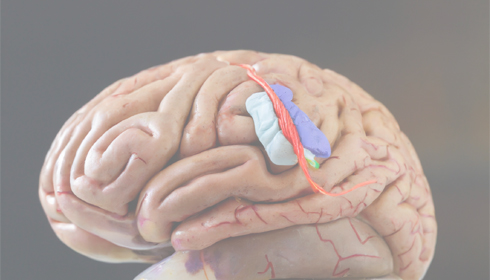
Researchers restore lost brain function after stroke in mice
Scientists at Lund University recently claimed that they have discovered a way that can help mice recover lost brain function after a stroke. This finding could lead to new treatments for people who have had a stroke in the future. The researchers found a way to partially bring back the communication between nerve cells in the brain that changes after a stroke. The treatment they used started a few days after the stroke and showed positive effects, giving hope for better recovery options in the future.
According to Tadeusz Wieloch, senior professor of neurobiology at Lund University, "Communication between nerve cells in large parts of the brain changes after a stroke, and we show that it can be partially restored with the treatment."
The study, published in the journal Brain, focused on treating mice and rats with substances inhibiting the metabotropic glutamate receptor (mGluR5), a receptor that regulates communication in the brain's nerve cell network. The rodents treated with the GluR5 inhibitor regained their somatosensory functions, including touch and position sense.
Notably, the researchers initiated treatment two days after the stroke, demonstrating temporary effects after 30 minutes and requiring several weeks for a permanent recovery effect. Even when treatment began 10 days after a stroke, some function improvement was observed. While brain damage was not diminished, sensorimotor functions improved, emphasising the role of the mGluR5 receptor in the brain's connectome.
Explaining the findings, Wieloch said, "Impaired function after a stroke is due to cell loss, but also because of reduced activity in large parts of the connectome in the undamaged brain. The receptor mGluR5 is apparently an important factor in the reduced activity in the connectome, which is prevented by the inhibitor, therefore restoring the lost brain function."
“Combined with rehabilitation training, it could eventually be a new, promising treatment. However, more studies are needed. The study was conducted on mice and rats and, of course, needs to be repeated in humans. This should be possible since several mGluR5 inhibitors have been studied in humans for the treatment of neurological diseases other than stroke and shown to be tolerated by humans,” says Tadeusz Wieloch.
The research is conducted with support from the Swedish Research Council, Alborada Trust, Hans-Gabriel and Alice Wachtmeister Foundation, and Multipark Strategic Research Area.